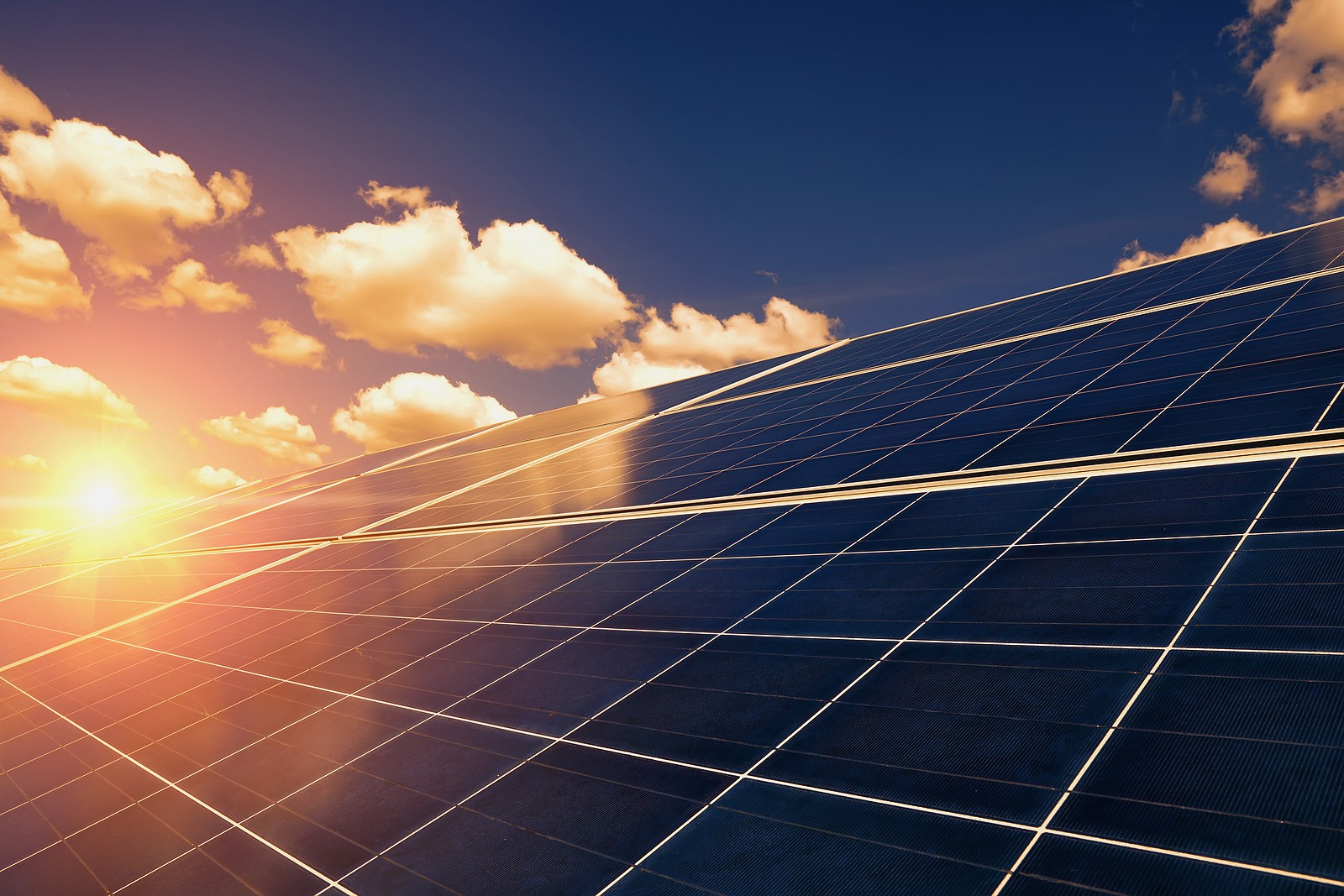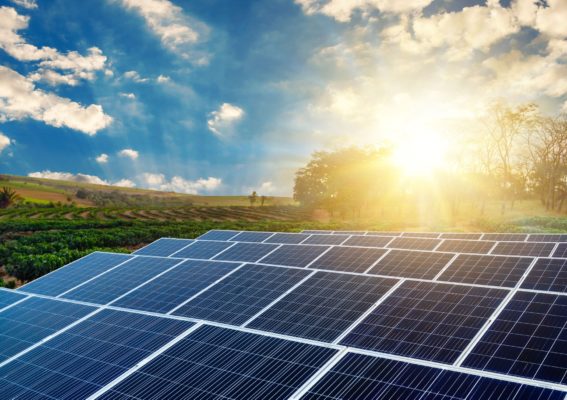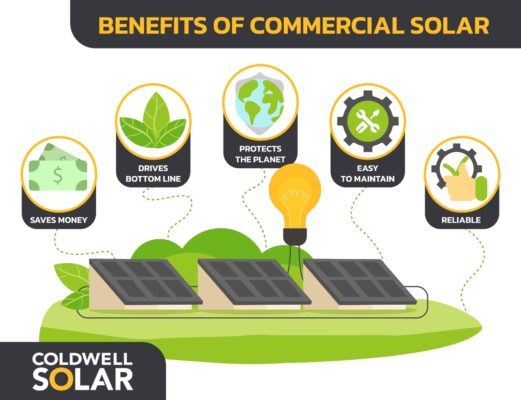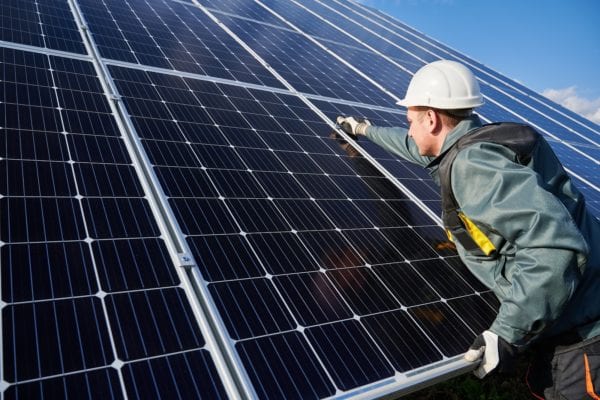
With climate change today, many industries, companies, and even individuals are trying to play their part in protecting the environment for future generations. Non-renewable energy has a very negative impact on the world, and to curb that impact, people are shifting to renewable energy sources. Solar power is the strongest contender in the game.
The sun is a massive energy source and can generate energy that does not produce greenhouse gas emissions. Because of this, many people are shifting to solar energy on an individual level as well as for community and commercial use. When making the switch, it is very important for all to do their research and learn all there is to know about solar power and how it impacts the environment.
In this article, let’s take a look at the inner mechanics of solar power and whether or not it is as good for the environment as we believe.
What Are The Mechanics Of Solar Energy?

In simple words, solar power is generated by converting the energy from the sun into electrical energy that can be used for all sorts of electric needs, such as commercial areas. It works by using sunlight as a clean source of energy and then using photovoltaic panels to convert sunlight into electrical energy.
Sunlight contains photons that are little packets of energy, and the sun constantly emits these packets of energy, which can create a great amount of electrical energy. The solar panels are made of solar cells, which are further made of silicon. These panels are semiconductors and create an electrical field with the help of a negative and positive layer, such as boron and phosphorus.
The process starts when the sunlight first hits the plate, and free electrons come off the photons that generate electricity. Now that you know how solar energy works, let’s take a look at why conventional energy sources are frowned upon.
Why You Shouldn’t Use Conventional Energy Sources
Most of the electric power generation comes from fossil fuels. These fossil fuels include coal and oil; these resources generate the most electricity. These resources are finite, and the world will soon run out of them if we completely depend on them for our energy production.
These resources are unearthed using different methods such as mining, drilling, and other processes. From the moment of extraction, fossil fuels negatively impact the environment and can damage the area surrounding the extraction site. It can weaken the ground, and that can have a domino effect and become the cause of natural disasters.
Other than that, when corporations extract oil from the ocean, they end up damaging marine life, and that can also create conditions for oil spillage. Moreover, these companies use pipelines to extract and transport the oil to the land, which can leak into the ocean and damage the water and the more excellent environment. Furthermore, to prepare electricity, fossil fuels are burned, which can release toxic gases such as carbon dioxide. These gases form greenhouse gasses that have a very negative impact on the climate and can contribute to global warming.
The world is inching towards horrible natural disasters, and to sustain a better life today, and in the future, many countries are making the shift to renewable energy sources, most commonly: solar power.
Pros of Social Power for the Environment

Solar power is a renewable energy source, and there are many positive impacts on the environment that make it a top choice for energy generation. Let’s take a closer look at the pros of solar power on the environment.
Reduces Carbon Emission
When corporations burn fossil fuels, they release many harmful gases into the environment. One of the most harmful gases includes carbon dioxide. Burning of fossil fuels collaborate significantly to carbon emissions and causes air pollution. This is very harmful to the environment and can cause climate change and contribute to global warming.
With the use of solar power, these carbon emissions can reduce significantly, and that will translate to a positive influence on the environment. According to research, coal, a fossil fuel, will generate 25 times the carbon dioxide compared to solar power.
Saves Water
If we were to name the most important natural resource, it would undoubtedly be water. While 71% of the earth is water, drinking and clean water are scarce resources. Water and generating conventional electricity are very closely related. One can only generate conventional electricity with the use of water, as it is used every step of the way, including extraction and transport.
To save this resource, switching to solar power is a great idea. Solar panels do not need water to generate electricity, which means that not only will that cut down on water usage, but it will also prevent water pollution.
Reduces Air Pollution
As mentioned earlier, fossil fuels emit harmful gasses, and they can cause air pollution. But it does not stop there; these gasses and chemicals can result in acid rains and other natural disasters that can affect the environment greatly. Acid rain is very dangerous for the soil and can diminish the nutrients in the soil that are essential for plant growth.
Other than that, they can also cause chronic respiratory diseases and even skin conditions. The best way to combat this situation is to look for an alternative for power generation, and solar panels are the best choice.
Saves Finite Resources
Natural resources like fossil fuels are limited, and if we are not too mindful of their usage, then they will soon run out. Therefore, it is very important for us to save these resources and use a renewable energy source, much like solar power. This will help us rely less on fossil fuels and get cleaner energy sources.
Cons of Solar Power for the Environment
While there are many benefits of using solar energy for the environment, it is not entirely free from disadvantages. Everything comes at a price; here are the cons of solar power on the environment.
Use of Chemicals
The semiconductors of solar panels are not easy to clean, and manufacturers use chemicals to clean them. The chemicals include sulfuric acid, hydrofluoric acid, and more. These chemicals, when cleaning, are released into the environment.
High Energy Input
To produce energy, solar panels themselves require a lot of energy. All the steps in the manufacturing process, such as mining, transporting, and more, take up great energy resources. If manufacturers are to create great amounts of energy, then they will have to put a lot of energy into their own. This energy, in most cases, comes from traditional sources such as fossil fuels. This can be counterproductive as it is get again going to release harmful gasses and use up non-renewable resources.
Disturbs Habitat
For utility-scale solar installations, companies need a lot of land. This means that they will clear the land of vegetation to set up the solar panel system. In some cases, it can affect the wildlife in the area. In some places, the water resources are also diverted, so there is no harm to the wildlife. Furthermore, the setting up of solar panels can mean damaging land with erosion and negative effects on the soil.
Connect with Coldwell Solar

If you want to contribute to the environment positively, then you must invest in commercial solar panels for your business. This way, you will not only reduce utility costs, but you will also reduce your carbon footprint on the world.
Coldwell Solar systems can help you with this. We are a family-owned and family-run business established in 1986. Our vast experience helps us deliver the best possible service, and we ensure that our products exude quality. For us, the customer always comes first, and we work to develop a system where customer care is never compromised.
Let’s join hands and save the world one solar panel system at a time.

